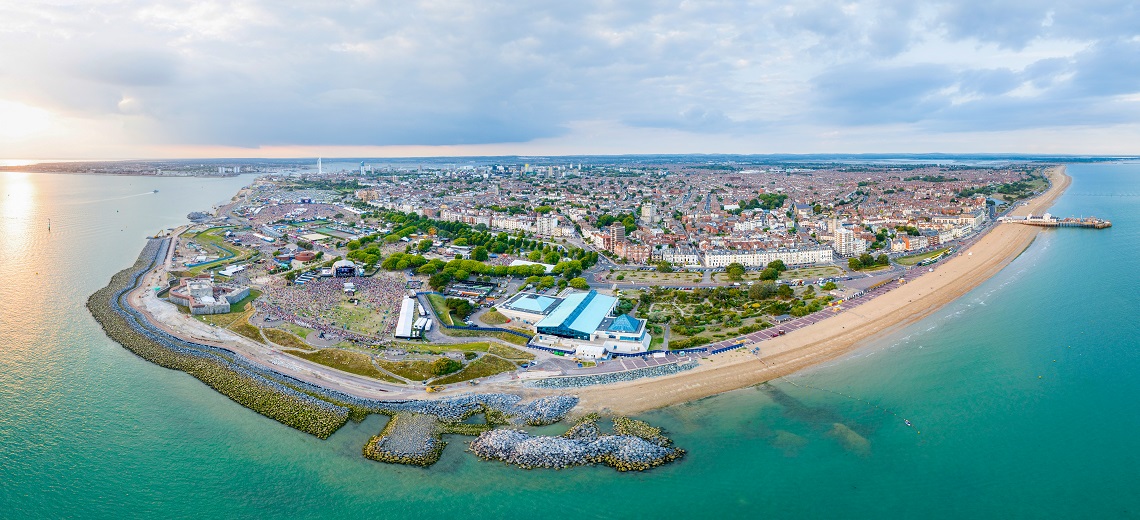- ...
Postgraduate Studentships - Search for funding opportunities.
Spatial design embraces the specialisms of urban, landscape, interior, and architectural design. It engages with contemporary arts practices and public art, and draws on various disciplines—including geography, sociology, and ecology—to focus on working with people, place, and the environment in ethical ways. Expand your approach to the spatial design process on our Spatial Design Practices Master’s course, and discover new interdisciplinary ways to understand, design, and make spaces that have the power to transform the world.
This course emphasises that the components of spatial design, like materials and constructions, are connected to not only our senses and perceptions but also other ‘dimensions’ such as technologies, the biosphere, society, identities, and our thoughts and feelings. You’ll study the practical and theoretical frameworks to engage with spatial design’s interconnected practices, which will help you situate it in and amongst these dimensions (called ‘situated ecologies’).
Qualifications or experience
A good honours degree in a relevant subject, such as
English language requirements
For fees and funding options please visit website to find out more
If you meet our criteria, you could get a £3000 tuition fees discount – visit website for details
Your skills in design and culture, as well as your professional competencies, will prepare you for careers in areas such as:
There are both core and optional modules in the full-time version of this pathway.
You can choose any of the optional modules to build your specialisation, but you’ll need to complete the modules in bold to graduate with the Spatial Design Practices exit award.
Core modules
Optional modules
All optional modules are 30 credits each.

Postgraduate research opportunities at the University of Portsmouth PhD and Doctoral programmes at a university as ambitious as you. “The opportunity...